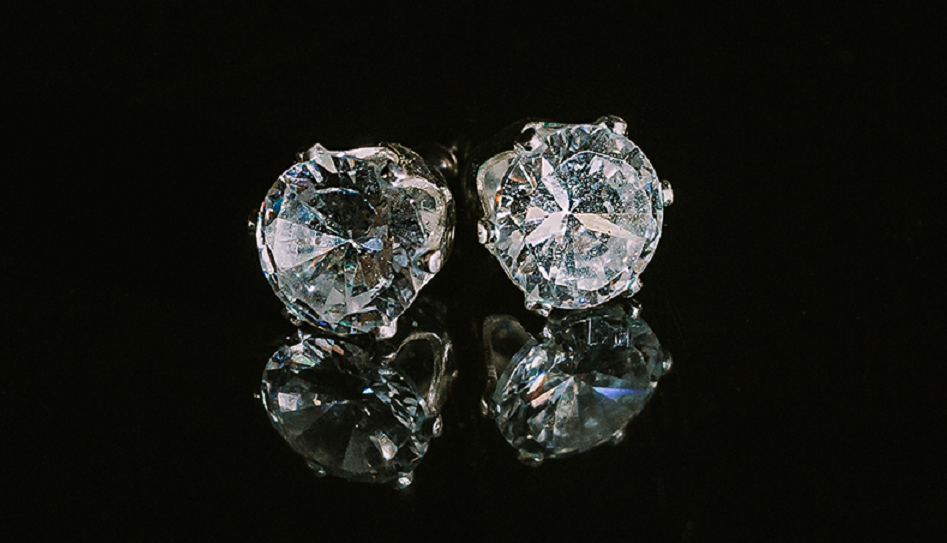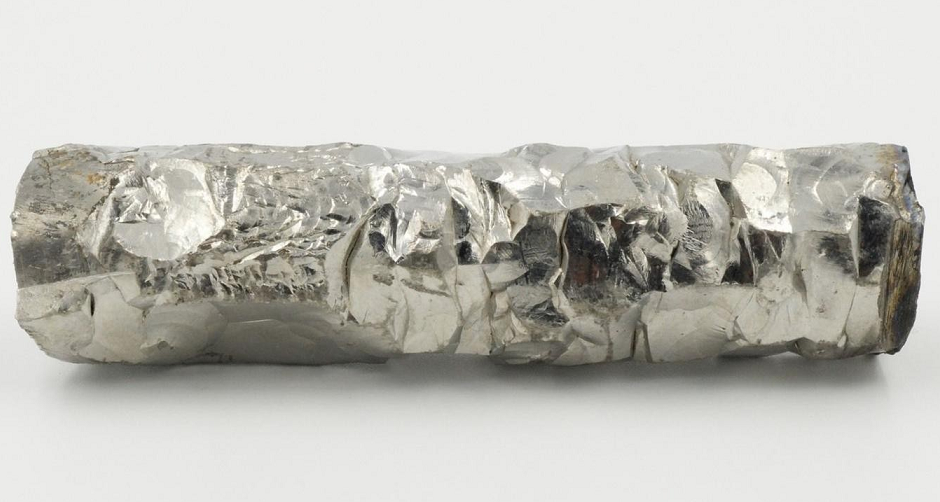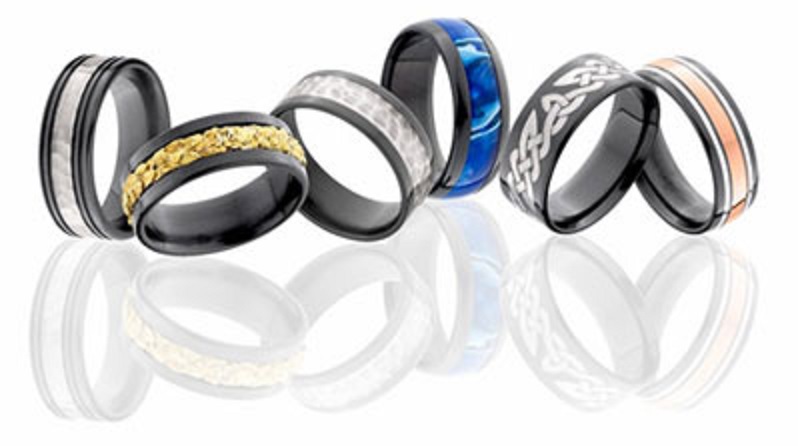8 Interesting Facts about Zirconium

8 Interesting Facts about Zirconium
Zirconium is a silvery-white transition metal with element symbol Zr, atomic number 40, a density of 6.49g / cm³, a melting point of 1852 ° C, and a boiling point of 4377 ° C. Because of its complicated preparation process, it is not easy to be extracted, so it is often called "rare metal". Beyond the basics we mentioned above, what else should we know about zirconium? Check out the 8 interesting facts about zirconium below!

Facts about Zirconium
Interesting Facts about Zirconium - 1. How was zirconium discovered?
The discovery of zirconium is mainly due to two chemists, the German chemist Martin Heinrich Klaproth and the Swedish chemist Jöns Jacob Berzelius. These two chemists have made extraordinary contributions to the discovery of zirconium.
In 1789, German chemist Martin Heinrich Klaproth proved that zircon is not a diamond, and clarified people's misunderstanding of zircon. By heating zircon and the reactive compound sodium hydroxide together, he discovered that these two substances reacted to form an oxide. He believes that this oxide contains a new element. He named this new oxide zirconium oxide, and this new element was named zirconium.
Martin Heinrich Klaproth was unable to extract pure zirconium. 35 years later, in 1824, the Swedish chemist Jöns Jacob Berzelius produced pure zirconium for the first time.
Further reading: 6 Uses of Zirconium You Mightn't Know
Interesting Facts about Zirconium - 2. How zirconium gets its name?
Zirconium gets its name from zircon, which comes from the Persian word for "golden" (argue). This is thought to be due to the striking colors of some zircon jewelry. In fact, there are many colors of zircon. Red, brown, green, and yellow are very common.
Interesting Facts about Zirconium - 3. Global Reserves of Zirconium Resources
According to 2015 statistics from the US Geological Survey (USGS), global zirconium reserves are 78 million tons and proven zircon resources exceed 60 million tons, of which Australia and South Africa have the largest share of global zirconium reserves, accounting for 65.38% and 17.95%. Other countries with relatively abundant zirconium reserves include India, Mozambique, and Indonesia.
Interesting Facts about Zirconium - 4. Global Zirconium Ore Production
According to data released by the US Geological Survey in 2015, the global output of zirconium ore in 2014 was 1.54 million tons, a year-on-year decrease of 30,000 tons.
Australia ranks first in the world with 900,000 tons of output, accounting for 58.44% of the world's total output. This is followed by South Africa, with an output of 170,000 tons, accounting for 11.03%. The total output of the two countries accounted for 69.47% of the total global output, and other countries can hardly catch up. China ranks third with an output of 140,000 tons, accounting for 9.74% of the global total.
Interesting Facts about Zirconium - 5. Global Zirconium Consumption Regions
At present, China and Europe are the main consumer markets for zirconium. China's demand for zirconium accounts for 52% of the total global demand for zirconium. China's nuclear power has entered a stage of rapid development, which has generated demand for nuclear-grade zirconium.
At the same time, China is the world's largest producer and exporter of the ceramic industry, and zirconium silicate is the direct and main raw material for the ceramic industry. With the rapid development of China's ceramic industry in recent years, the demand for zirconium has also soared.
Interesting Facts about Zirconium - 6. Zirconium is no stranger to us.
Since ancient times, zirconium has been used as a gemstone because of its rich and colorful color, which plays a decorative role in human life. With the deepening of people's understanding of zirconium, the application of zirconium is becoming more and more extensive.

Interesting Facts about Zirconium
For example, we can find zirconium in the essential ceramics, knives, and decorative varieties in our lives. We can also find zirconium from the surrounding buildings, even the military, and nuclear power fields.
Interesting Facts about Zirconium - 7. Effects of Zirconium on Human Health
Zirconium is not harmful to human health. Zirconia ceramics and various jewelry are widely used in daily life.
Interesting Facts about Zirconium - 8. How to distinguish zircon from diamond?
The appearance of zircon and diamond is very similar, but the price of zircon and diamond is very different. Some unscrupulous merchants use zircon to impersonate diamonds, deceiving consumers and making huge profits. Then how to distinguish zircon from diamond?
Diamond is lipophilic. With a ballpoint pen, you can easily leave unbroken marks on the diamond. Zircon is not lipophilic. The ballpoint pen cannot leave unbroken clear marks on its surface.
Conclusion
Thank you for reading our article and we hope it can help you have a better understanding of zirconium. If you want to know more about the interesting facts about zirconium, you can visit Advanced Refractory Metals (ARM) for more information.
Headquartered in Lake Forest, California, ARM is a leading manufacturer & supplier of refractory metals such as tungsten, molybdenum, tantalum, rhenium, titanium, and zirconium across the world. We provide our customers with high-quality refractory metal products at a very competitive price.
{{item.content}}
LEVE A REPLY
{{item.children[0].content}}
{{item.content}}






